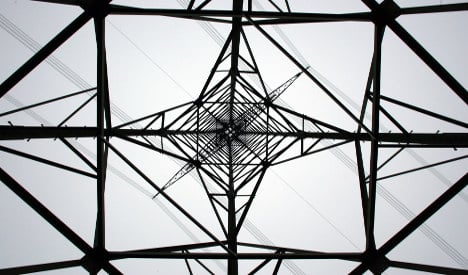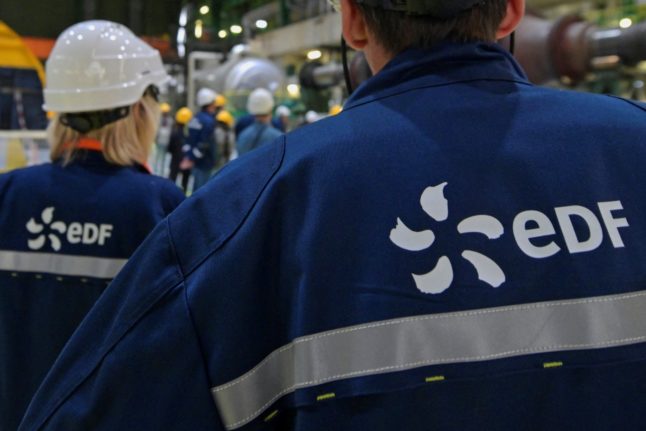Elia, a power network management company, will finance the operation through a capital increase and own 60 percent of the grid, with infrastructure specialist IFM (Industry Funds Management) holding the rest, state-owned Vattenfall said in a statement.
The deal “reinforces our position in the perspective of participating in the constitution of a true European energy market,” Elia boss Daniel Dobbeni was quoted as saying.
The Belgian group will end up with an overall network that covers around 143,000 square kilometres (55,000 square miles) and serves around 29 million customers. The deal is subject to approval by competent authorities but was expected to be finalised in the second quarter of 2010.
The Vattenfall grid serves some 18 million people in northern and eastern Germany and extends for 9,700 kilometres (6,000 miles).
Elia is also working on reinforcing off-shore wind energy production aimed a feeding a large grid that will cover central and western Europe.
The Vattenfall network is strategic because “it links vast offshore wind farms in the Baltic and North Seas with consumer industries in northern Germany,” the head of Vattenfall’s European activities, Tuomo Hatakka, told a news conference.
He insisted that the Swedish group has sought to spin off the grid since mid 2008 as part of its own longer-term strategy, and that it was “not obliged to sell it.”
The European Commission has pressured major power companies in Germany to separate energy production and distribution activities to enhance competition and lower prices.
And the deal comes less than a month after E.ON, the biggest German power company, sold its distribution grid to the Dutch group TenneT for €1.1 billion.
Vattenfall, the third-biggest German electricity provider, is also present in Britain, Denmark, Finland, the Netherlands, Norway and Poland.



 Please whitelist us to continue reading.
Please whitelist us to continue reading.
Member comments